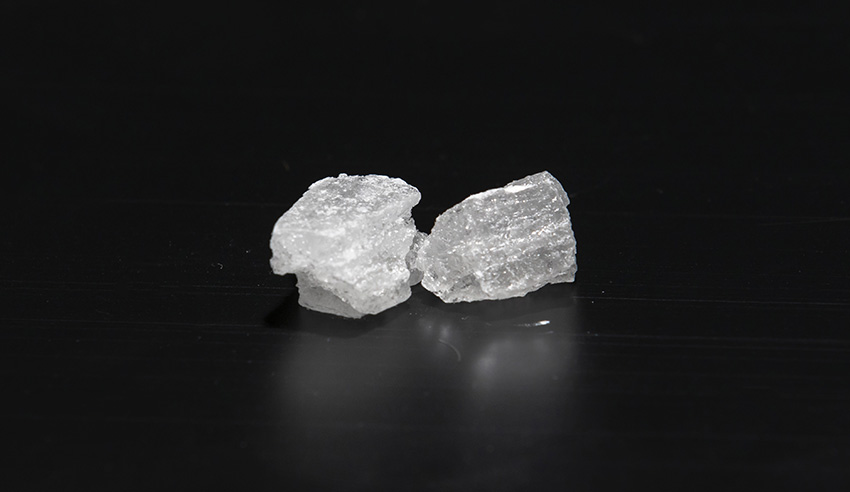An inquiry into the drug “Ice” has acknowledged the “important role of culturally specific courts” in its wide-ranging recommendations.

The Special Commission of Inquiry’s Report into the Drug “Ice” serves as a “paradigm shift” away from a criminal justice lens to a health-based response which will help with the devastation caused by the drug, including in Indigenous communities.
CEO of Aboriginal Legal Service (ALS) Karly Warner said there has been a long, hard campaign for many of the inquiry’s 109 recommendations, such as expansion of highly successful Youth Koori Court into regional areas of NSW and Walama court proposal.
“We welcome the inquiry’s acknowledgement of the important role of culturally specific courts in providing holistic and wraparound support for our communities,” she said.
“We know courts which involve elders, Aboriginal community-controlled organisations and culturally appropriate members provide effective support for our mob. The ALS is pleased the inquiry has acknowledged the need for a health-focused response.”
Ms Warner added the community-designed and community-led diversionary programs with advice from drug and alcohol experts will address the underlying issues that result in substance abuse and provide much-needed support to ensure families get help.
“The greater use of culturally specific courts like Youth Koori Court and Walama Court, as well as a Family Drug Treatment Court, would allow people to receive treatment in the community, reducing the risk of them getting stuck in the quicksand of the justice system and recognising [the] crucial role that connection with Aboriginal culture is healing.”
